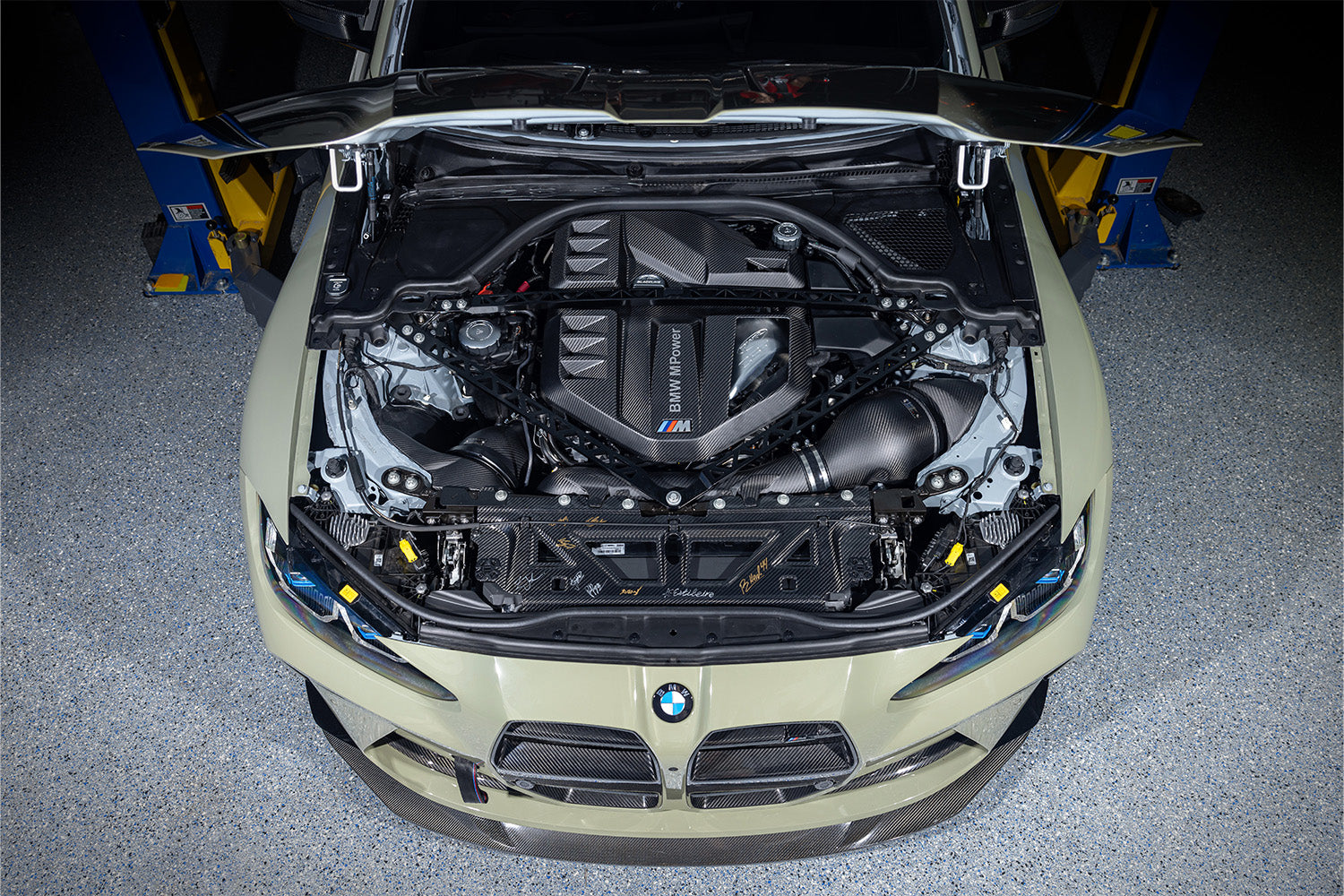A Beginner's Guide to Choosing the Right BMW Engine for Your Demands
A Beginner's Guide to Choosing the Right BMW Engine for Your Demands
Blog Article
Revealing the Intricacies of Next-Generation Power Units: a Deep Study Advanced Engine Advancements and styles
As we stand on the precipice of a brand-new era in transport, the complexities of next-generation engine layouts beckon us to explore the innovative technologies and technologies that promise to redefine the driving experience. Diving deeper right into the realms of exhaust control, intelligent engine administration systems, and the horizon of power system advancement, we locate ourselves on the cusp of a makeover that guarantees to improve the landscape of wheelchair as we understand it.
Development of Engine Materials

The change towards progressed engine materials has also made it possible for designers to create engines with greater power outputs while keeping gas performance requirements. For instance, making use of lightweight products minimizes the total weight of the engine, resulting in boosted gas economic climate and lower exhausts. In addition, improvements in materials innovation have actually permitted better thermal administration within engines, leading to raised reliability and long life.
Turbocharging and Supercharging Technologies
Just How do Turbocharging and Supercharging Technologies revolutionize engine performance and effectiveness in modern-day lorries? Turbocharging and supercharging are innovations that considerably improve engine performance by raising the amount of air consumption right into the burning chamber. Turbocharging achieves this by making use of a generator driven by exhaust gases to pressurize the intake air, while supercharging uses a belt- or chain-driven compressor to attain the same impact.
These modern technologies make it possible for smaller, extra fuel-efficient engines to create power equal to bigger ones, referred to as downsizing. Forcibly more air right into the cylinders, supercharging and turbocharging improve burning efficiency, leading to increased horsepower and torque output without a substantial increase in engine dimension. This leads to much better velocity, hauling capacity, and general driving efficiency.
Moreover, turbo charging and turbocharging contribute to enhanced fuel effectiveness by permitting the usage of smaller sized engines that eat less gas under regular driving conditions - bmw engine. This combination of improved performance and effectiveness has actually made turbocharging and supercharging important parts of many modern engine designs
Discharge Control and Environmental Effect
With raising global issues relating to air top quality and environmental sustainability, the application of discharge control modern technologies in vehicles plays a vital role in minimizing unsafe pollutants released into the atmosphere. Modern cars are outfitted with sophisticated emission control systems that help reduce the environmental impact of vehicle procedures. Catalytic converters, for example, are made to transform poisonous gases such as carbon monoxide gas, nitrogen oxides, and hydrocarbons right into much less hazardous substances like carbon dioxide and water vapor.
Furthermore, developments in engine innovation, such as the combination of exhaust gas recirculation systems and careful catalytic reduction, have considerably contributed to lowering discharges. These technologies function in tandem to maximize combustion effectiveness and reduce the release of dangerous pollutants into the air. Furthermore, the development of crossbreed and electrical cars represents an essential step in the direction of minimizing the total ecological footprint of the transport market.
Intelligent Engine Management Equipment

Furthermore, these systems make it possible for cars to meet strict discharges standards without endangering performance, giving a much more environmentally pleasant driving experience. The combination of expert system and artificial intelligence capabilities in engine administration systems proceeds to push the borders of what is possible, causing further enhancements in performance, dependability, and total car efficiency. bmw engine. As automotive innovation advances, intelligent engine management systems will play an essential function in forming the future of transport towards a much more reliable and sustainable direction
Future Trends in Power System Development
As smart engine monitoring systems lead the method for improved control and optimization in contemporary automobiles, future patterns in power system development are poised to redefine the landscape of automotive propulsion innovations. These alternate power sources provide improved efficiency and efficiency while straightening with stringent environmental regulations.
An additional substantial pattern is the integration of advanced products and manufacturing strategies. Light-weight materials such as carbon fiber and light weight aluminum are being made use of to minimize total vehicle weight, boosting fuel efficiency and efficiency. Furthermore, improvements in 3D printing and additive production are making it possible for the production of complex engine parts with greater precision and sturdiness.
In addition, expert system and machine understanding are playing a crucial function in optimizing power system performance. These innovations permit for real-time surveillance and adaptive control, resulting in more reliable and effective power delivery. Generally, future fads in power device advancement are tailored towards efficiency, efficiency, and sustainability, driving the vehicle sector towards a new era of propulsion technologies.

Conclusion
To conclude, the advancements in engine products, turbocharging, discharge control, and smart administration systems have actually paved the method for next-generation power units. These advancements have not only enhanced efficiency and performance but also reduced environmental influence. As innovation proceeds to evolve, future patterns in power device development are most likely to concentrate on further improving sustainability and maximizing power output. The complex layouts and developments in contemporary engines display the ongoing development of vehicle technology.
Exploring the progressive developments in engine products has actually been essential in boosting the efficiency and effectiveness of contemporary engines. Over the years, the advancement of engine products has actually played an essential function in pushing the borders of what engines can achieve.The shift towards progressed engine products has actually additionally made it possible for engineers to create engines with greater power outcomes while preserving fuel efficiency standards.The execution of smart engine monitoring systems in modern-day automobiles has reinvented the method engines Get More Info are controlled and more info here maximized for efficiency and effectiveness. By gathering data in real-time and evaluating it with sophisticated formulas, smart engine management systems can adjust to driving styles, ecological factors, and engine health to maximize power output while decreasing gas usage and discharges.
Report this page